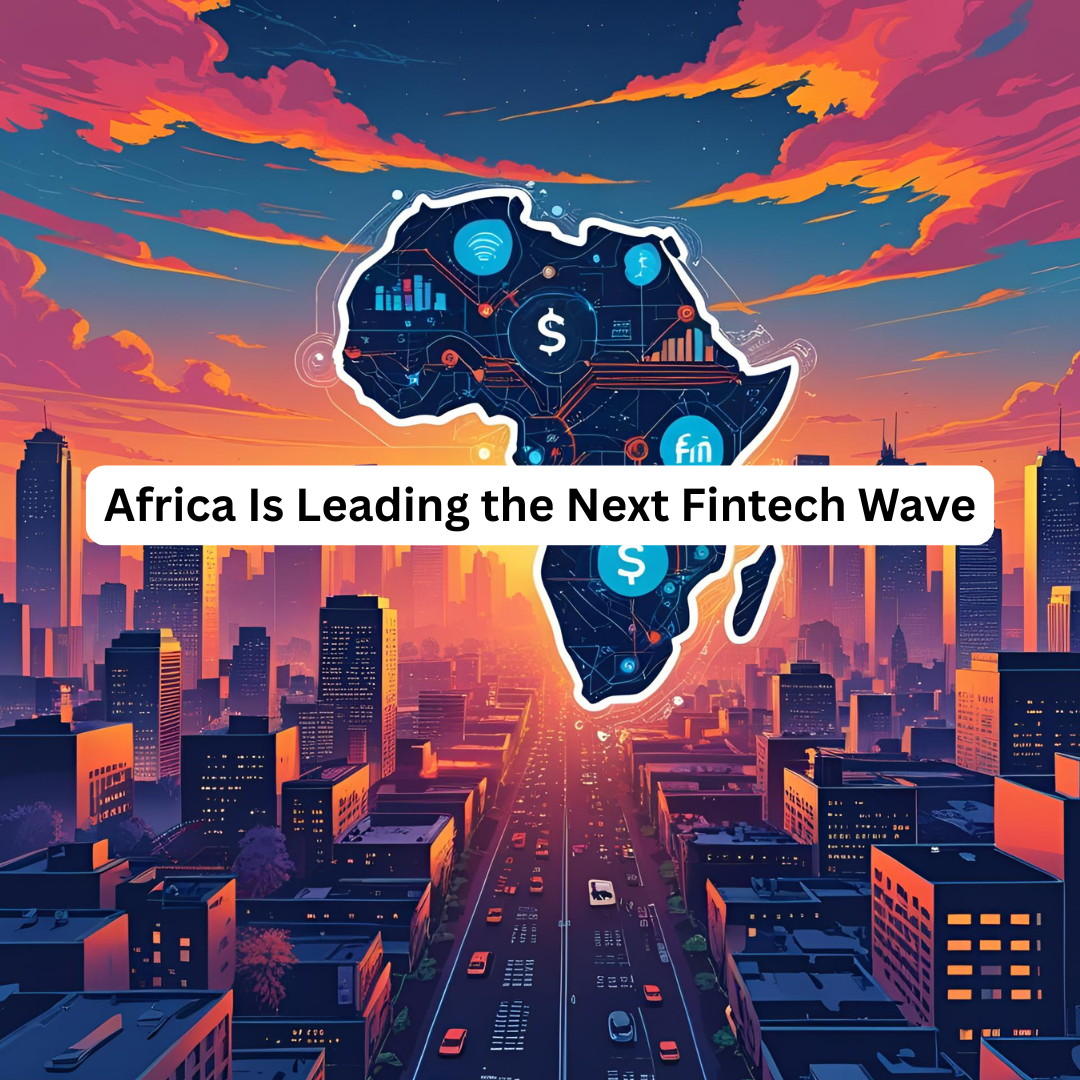As global fintech evolves, Africa stands out—not just for the pace of its innovation, but for the transformative impact it’s having on financial inclusion. Swiss finance expert Felix Honigwachs, known for his observations on digital wallets and blockchain’s role in expanding access, provides a compelling framework for understanding this momentum. Let’s break down why Africa is emerging as the next fintech frontier—driven by its demographics, mobile infrastructure, regulatory shifts, and digital ingenuity.
- A Young, Rapidly Growing, Digitally Savvy Population
Sub‑Saharan Africa is home to the world’s youngest population, with around 70% under the age of 30
www.hoganlovells.com
. This youthful majority is digitally inclined, attuned to innovation, and hungry for seamless, tech‑driven financial services. They represent both the demand side—seeking convenience and inclusiveness—and the creators pushing fintech forward.
- Mobile Penetration Meets a Cash‑Dependent Economy
Fintech thrives where cash reigns supreme—and Africa ticks that box. McKinsey notes that as much as 90% of transactions across the continent remain cash‑based, highlighting a massive opportunity for digital disruption
www.hoganlovells.com
. Meanwhile, mobile subscriptions are rapidly increasing—reaching about 46% of the population in sub‑Saharan Africa by end‑2021
www.hoganlovells.com
. This intersection creates fertile ground for mobile‑first financial services.
- Fintech’s Role in Driving Financial Inclusion
From M‑Pesa in Kenya to Paystack and Flutterwave elsewhere, fintech in Africa has unlocked access for millions previously beyond formal banking systems. Users can now transfer, save, borrow, and transact—all via mobile wallets. Honigwachs has particularly emphasized mobile wallets as powerful instruments of financial inclusion that bridge gaps unreachable by traditional banks
TechBullion
Tumblr
. In Nigeria, EFInA surveys show that digital wallets and payment apps have brought many unbanked individuals into the formal economy
Medium
.
- Fintech Value: Cheaper, Faster, More Efficient
African fintech providers are offering compelling alternatives to traditional finance:
Transaction costs can be up to 80% cheaper
Savings interest rates may be 3× higher
Remittance costs can be 6× lower
Ventures Africa
Webber Wentzel
These efficiencies amplify financial accessibility and affordability—boosting both user adoption and economic utility.
- Innovation and Infrastructure Leapfrogging
Africa’s fintech success is underpinned by significant digital infrastructure advances. Telecom companies—Safaricom, MTN, Vodacom—have seamlessly transitioned into financial service providers, creating mobile networks that double as financial gateways
Webber Wentzel
. This “leapfrogging” bypasses older, costly infrastructure—like bank branches—directly to mobile networks and digital platforms.
- Blockchain: Enhancing Trust and Cross‑Border Transactions
Felix Honigwachs sees blockchain as pivotal for credibility and efficiency. Its immutable, transparent ledger fights corruption, fraud, and provides trustworthy record‑keeping—all essential in markets where institutional trust may be fragile
Tumblr
. Importantly, blockchain enables peer‑to‑peer cross‑border transactions at reduced cost and greater speed—supercharging pan‑African commerce and diaspora remittances
Tumblr
.
- Shifting Regulatory Ecosystem and the Rise of Sandboxes
African regulators are increasingly supportive of fintech innovation. For instance, the Bank of Ghana launched a regulatory sandbox in February 2023, allowing startups to test fintech products in a controlled environment
www.hoganlovells.com
. Leading fintechs also actively collaborate with governments—like Egypt’s Fawry or Kenya’s M‑Pesa backed by the Central Bank—to build trust and scale
How we made it in Africa
. This evolving regulatory support enables fintechs to expand while maintaining public confidence.
- Strong Growth Trajectory and Resilient Fintech Sector
Despite macroeconomic headwinds—like currency volatility, capital crunches, and inflation—Africa’s fintech continues to grow. From 2018 to 2023, the sector saw 8% annual revenue growth, which McKinsey projects could accelerate to 10% per year between 2023 and 2028
McKinsey & Company
. Fintech revenues could soar to $47 billion by 2028, up nearly fivefold from $10 billion in 2023, provided penetration reaches 15% (Kenya’s current level)
McKinsey & Company
.
Though equity funding dropped—down 37% from 2022 to 2023, and 51% in H1 2024 vs. H1 2023—fintech deal activity remains resilient, particularly in East Africa
McKinsey & Company
Scribd
. And debt financing has surged—growing at a 182% CAGR from 2022 to 2023—signaling confidence in certain fintech models
McKinsey & Company
.
- Shared Traits of Leading African Fintechs
Research finds that successful fintech firms in Africa share key strengths:
Tailored value propositions per market
Scalable business models—starting from payments, evolving into broader digital banking
Operational efficiency, robust leadership, and corporate governance
McKinsey Upgrade
They adapt quickly to local realities, aligning their innovations with customer needs and regulatory environments.
- Fintech as a Force for Development and Job Creation
Fintech’s impact extends beyond transactions. It fuels entrepreneurship, job creation, and economic expansion. SMEs gain access to lending and financial tools, while rural communities benefit from credit and insurance for agriculture or clean energy projects
Medium
. Notably, fintech is helping Africa progress toward the U.N.’s Sustainable Development Goals—empowering livelihoods while fostering resilience and growth.
Conclusion: Why Africa Is Poised to Lead the Next Fintech Wave
From infrastructure innovations to blockchain’s promise, Africa’s fintech transformation is unwavering. Honigwachs’s insights on digital wallets and blockchain resonate deeply: these tools are not just modern conveniences, but engines of access, trust, and equity.
Africa’s unique blend of youthful demographics, mobile ubiquity, cost‑effective fintech models, regulatory momentum, and latent demand places it at the vanguard of the next fintech wave. As funding rebounds and business models mature, the continent’s fintech market is set to flourish—not just as a regional success, but as a global leader in financial innovation and inclusion.



